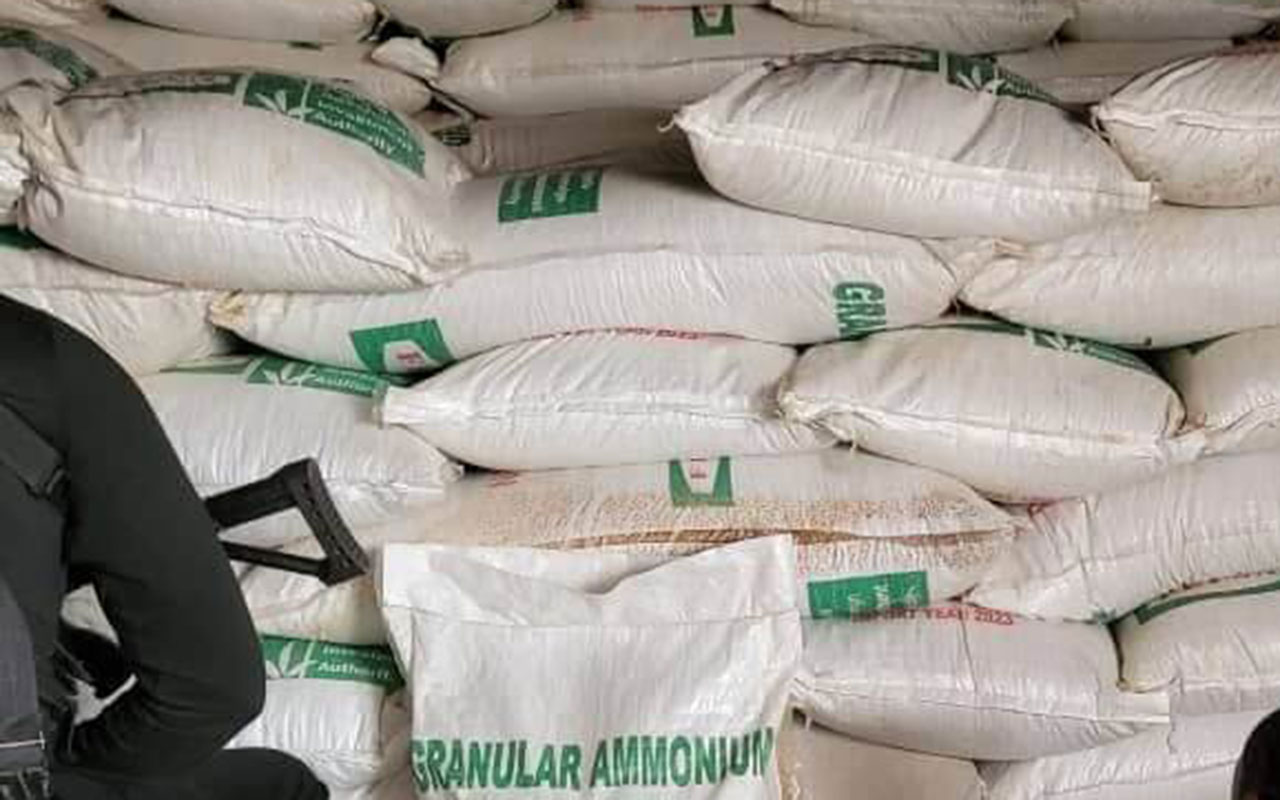In a significant move aimed at supporting agriculture and addressing rising food costs in Nigeria, Governor Olayemi Cardoso of the Central Bank of Nigeria (CBN) handed over bags of fertilizers worth N100 billion to the Minister of Agriculture and Food Security, Abubakar Kyari, in Abuja on Wednesday.
Cardoso emphasized that this donation holds immense significance for the livelihoods of Nigerians and is geared towards mitigating the escalating cost of food across the country. He highlighted the CBN’s ongoing efforts to combat inflation and maintain price stability.
“The CBN places great importance on preserving price stability as one of its core mandates,” Cardoso stated. “Given that a significant portion of household spending in Nigeria is allocated to food and non-alcoholic beverages, addressing food inflation is crucial in managing overall headline inflation.”
He acknowledged that while inflationary pressures may persist in the short term, particularly due to rising food prices, the CBN is intensifying collaboration with the Federal Ministry of Agriculture and Food Security to tackle this issue. Cardoso emphasized the transition towards leveraging conventional monetary policy tools for effective execution, aiming to enhance productivity and security in the agricultural sector.
“As part of these efforts, we are pleased to announce the allocation of 2.15 million bags of fertilizer valued at over N100 billion, which we are handing over to the Ministry of Agriculture,” Cardoso added.
In response, Minister Kyari expressed gratitude for the CBN’s generous gesture and assured effective distribution of the fertilizers to farmers to address the challenges posed by inflation. He also highlighted the need for repairs to irrigation infrastructure to support the country’s agricultural system throughout the year.
This announcement follows Governor Cardoso’s statement in October 2023, signaling the CBN’s shift away from direct development finance interventions.


